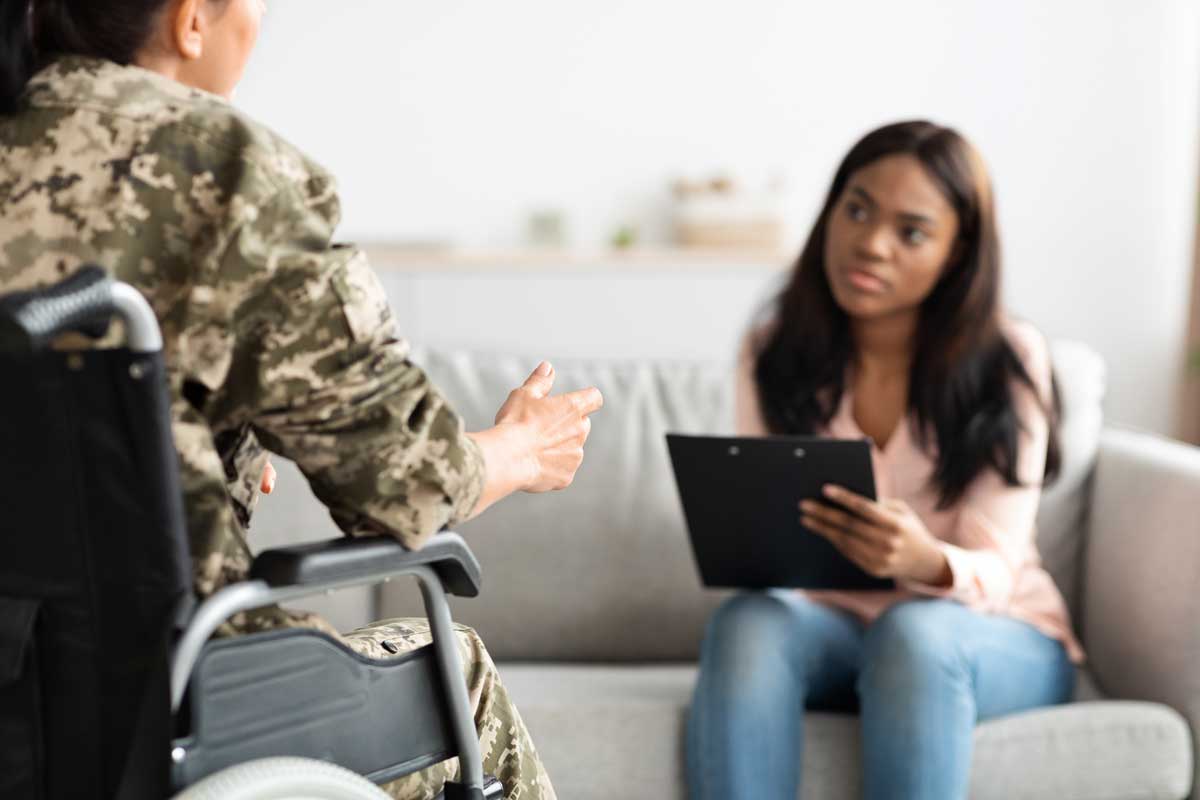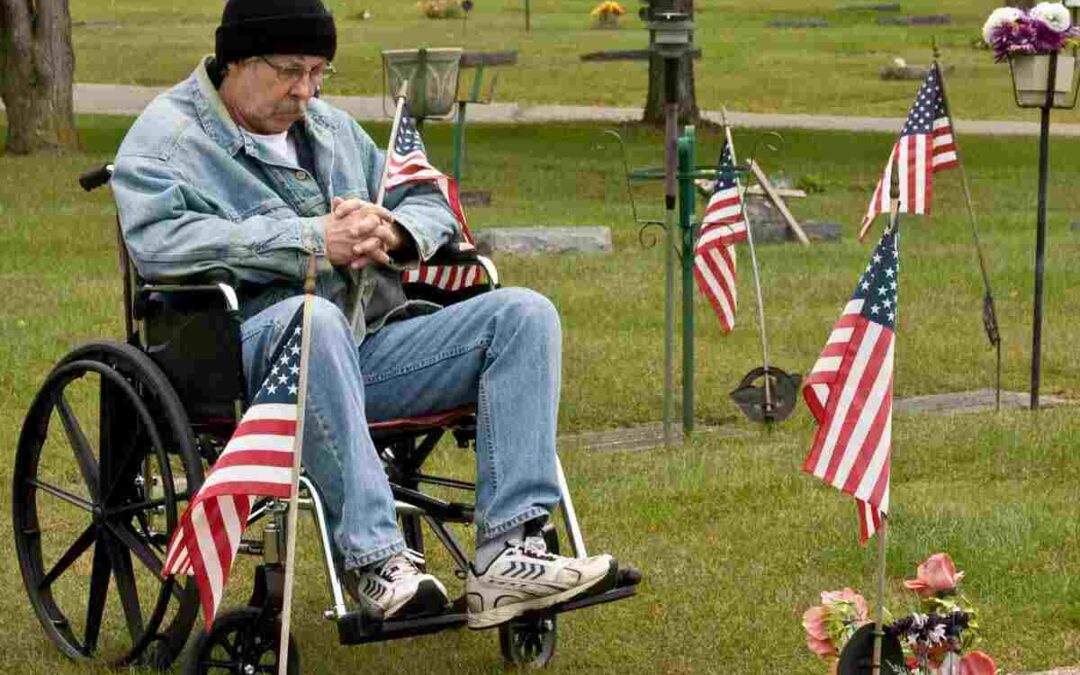Post-Traumatic Stress Disorder (PTSD) is a mental health condition that affects many people but is especially prevalent among veterans. It can significantly impact their daily lives and well-being, often in ways that are difficult to understand for those who haven’t experienced trauma themselves. At Reliant Home Care Services, we are committed to providing compassionate and knowledgeable care for veterans dealing with PTSD. Let’s take a deeper look at what PTSD is, the mental challenges it presents, and how our in-home care services can support your veteran loved ones.

Understanding PTSD
PTSD is a psychiatric disorder that can occur in people who have experienced or witnessed a traumatic event such as a natural disaster, a serious accident, a terrorist act, war/combat, rape, or other violent personal assaults. According to the National Center for PTSD, approximately 11-20% of veterans who served in Operations Iraqi Freedom and Enduring Freedom have PTSD, and about 12% of Gulf War veterans suffer from PTSD.
Symptoms of PTSD
PTSD can manifest in various ways, and symptoms can be different for each individual. However, common symptoms include the following:
Re-experiencing the Trauma
Flashbacks, nightmares, and intrusive thoughts about the traumatic event are common. These can be triggered by reminders of the trauma.
Avoidance
Individuals may avoid places, people, and activities that remind them of the traumatic event. They might also avoid talking about what happened or how they feel about it.
Negative Changes in Thoughts and Mood
PTSD can cause feelings of hopelessness, negative thoughts about oneself or others, memory problems, difficulty maintaining close relationships, and a loss of interest in activities once enjoyed.
Hyperarousal
This includes being easily startled, feeling tense or on edge, having difficulty sleeping, and experiencing angry outbursts.
Mental Challenges Faced by Veterans with PTSD
Veterans with PTSD face numerous mental challenges that can affect their ability to function in everyday life. These challenges often include:
Emotional Regulation
PTSD can make it difficult for veterans to manage their emotions. They may experience intense anger, sadness, or fear, which can lead to strained relationships and difficulty in social settings.
Substance Abuse
To cope with the symptoms of PTSD, some veterans may turn to alcohol or drugs. According to the U.S. Department of Veterans Affairs, more than 20% of veterans with PTSD also have substance use disorders.
Isolation
The symptoms of PTSD can make veterans withdraw from friends, family, and activities they once enjoyed, leading to isolation and loneliness.
Difficulty in Maintaining Employment
PTSD can impact a veteran’s ability to concentrate, interact with colleagues, and handle stress, making it challenging to maintain stable employment.
How In-Home Care from Reliant Can Help Veterans with PTSD
In-home care can play a crucial role in supporting veterans with PTSD. At Reliant Home Care Services, we offer tailored care plans that address the unique needs of veterans. Here’s how we can help:
Personalized Care Plans
We create customized care plans that consider the specific symptoms and challenges your loved one faces. This includes helping with daily activities, providing transportation, reminding patients to take medication, and offering emotional support.
Safe and Comfortable Environment
Being in a familiar and safe environment can significantly reduce the stress and anxiety associated with PTSD. Our caregivers ensure that the home remains a secure and calming space. When you first reach out to reliant, one of our care coordinators will do an in-home safety assessment to highlight trip hazards and other risks as well as identify places to install grab bars, additional lighting, and other safety features.
Consistent and Compassionate Support
Our caregivers are trained to understand PTSD and its effects. They provide consistent, compassionate care that helps build trust and rapport, which is essential for effective support.
Coordination with Healthcare Providers
We work closely with healthcare providers to ensure that our care complements medical treatments and therapies. This coordinated approach helps in managing symptoms more effectively.
Respite for Family Caregivers
Caring for a loved one with PTSD can be overwhelming. Our respite care services give family caregivers the break they need to rest and recharge, knowing that their loved one is in good hands.

Reach Out to Reliant Today to Learn More
Understanding and addressing PTSD in veterans is critical for their well-being and quality of life. At Reliant Home Care Services, we are dedicated to providing the support and care that veterans need to manage their symptoms and lead fulfilling lives. If you have a veteran loved one struggling with PTSD, contact us today to learn how our in-home care services can make a difference. Your loved one served our country with honor; now, let us serve them with the compassion and respect they deserve.

